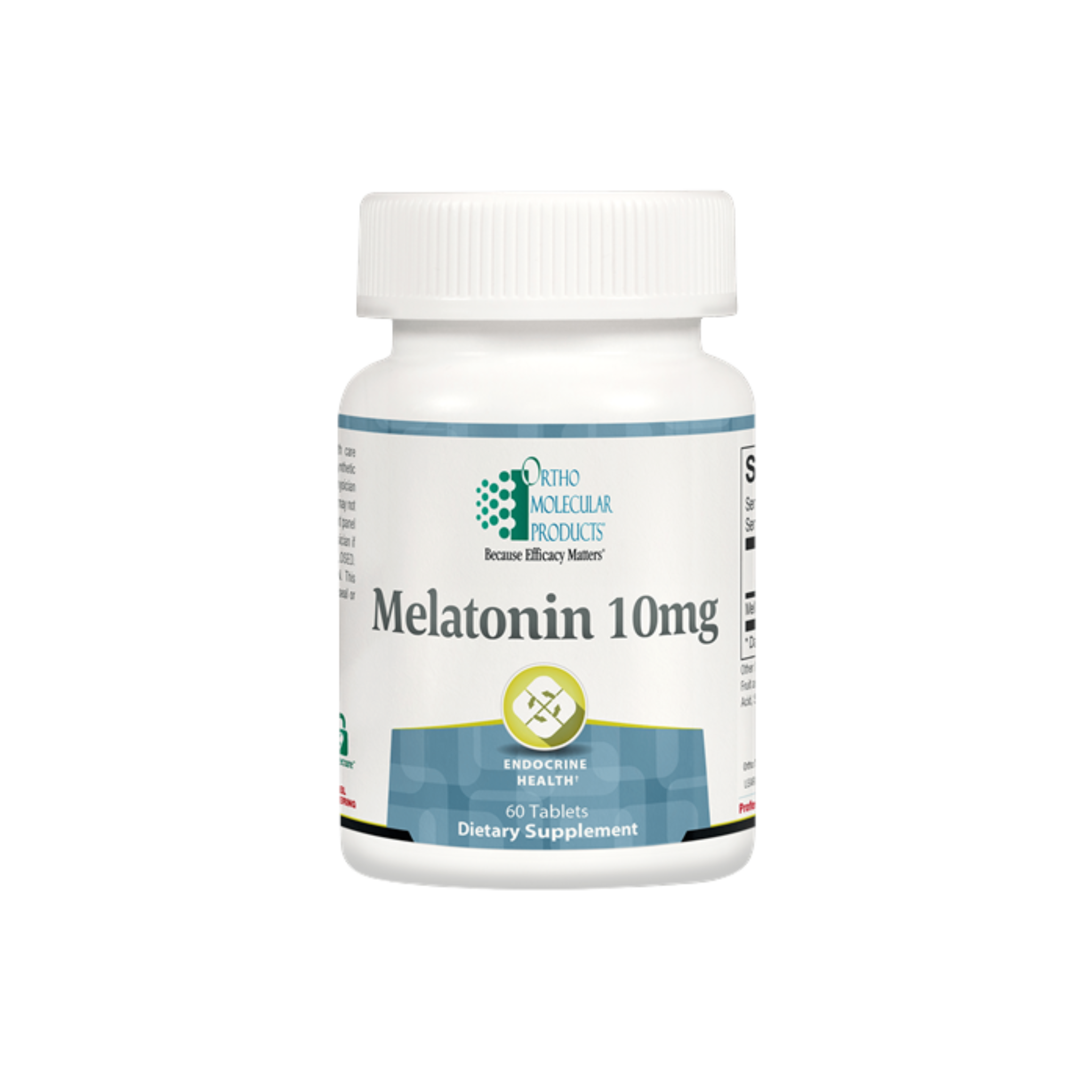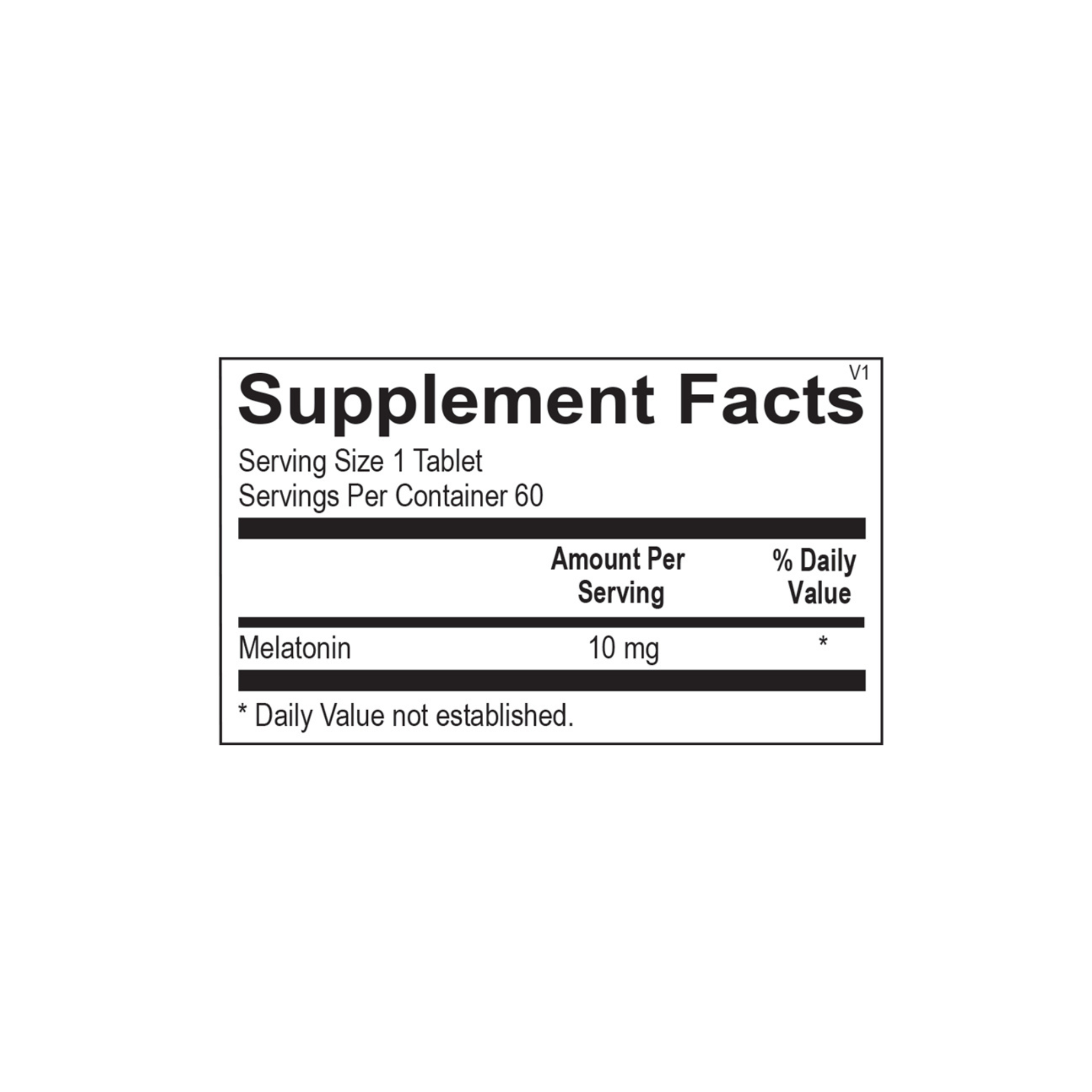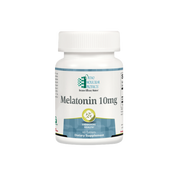You may also like
Ortho Molecular
Melatonin 10 mg
Melatonin is a hormone produced by the pineal gland and plays a key role in regulating the body’s circadian rhythms, endocrine secretions and sleep patterns. It also plays an essential role in maintaining normal inflammatory balance and supports the body with strong antioxidant activity. This formulation is available as a 10 mg tablet for flexible dosing.
Orders are processed within 1–3 business days, depending on availability and credit card authorization. After processing, your order will ship at the speed you selected during checkout. Please note we don’t ship on weekends or major holidays, and shipping timelines may be affected by the carrier.
Once your package is scanned by the carrier, tracking information will be sent to you by email or text message. Please allow 24–48 hours for tracking details to update.
While we ensure satisfaction, we don't accept returns on any products or supplements. If you have any concerns, please email us at shop@jamesclinic.com, and we'll work to resolve them with you.




